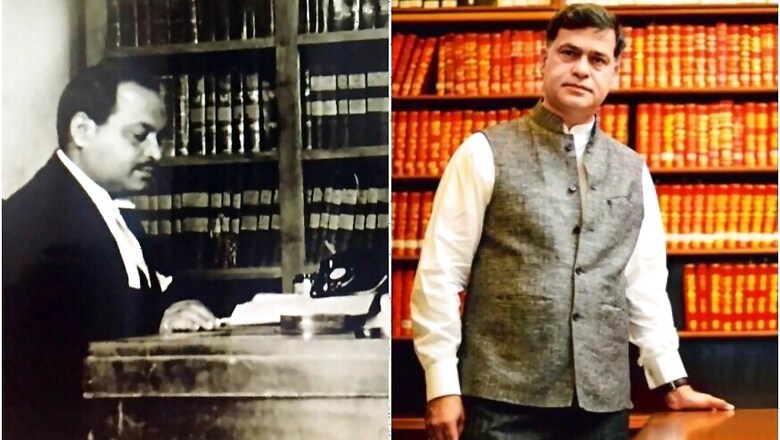
views
In 1968, senior lawyer KK Luthra assisted the Supreme Court as an amicus curiae when a man had been hastily sentenced to death by a trial judge. The top court had set aside the death penalty and ordered a fresh trial in that murder case.
Now, 51 years on, it was a deja vu for the senior lawyer's son, Sidharth Luthra.
Sidharth Luthra also acted as amicus and had death sentence of a convict quashed in similar circumstances, with the help of the arguments his father made over five decades ago.
The Supreme Court on Wednesday ordered a fresh trial of a rape and murder convict from Madhya Pradesh whose trial was concluded in just 13 days.
The edifice of the arguments by Sidharth Luthra, a former additional solicitor general, remained what his father had pointed out - a fair trial under Article 21 of the Indian Constitution.
In both these cases, the legal aid counsel was given to the convicts belatedly, towards the fag end of the trial.
KK Luthra had in 1968 argued that a fair trial must include adequate and effective legal aid, and hence, handing out death to the appellant in this case would tantamount to deprivation of his life in breach of the fundamental right guaranteed under Article 21.
This argument had then cut ice with the apex court. "In such cases, if sufficient time is not granted to the counsel to prepare defence, prejudice must necessarily be inferred and the trial will be vitiated," the Supreme Court had held.
In the 2019 case, Sidharth Luthra took a cue from his father's submissions, and relied upon the 1968 judgment to buttress his points on the concept of a fair trial and sufficient legal aid.
Sidharth Luthra too submitted that the legal aid lawyer did not get any opportunity to defend the accused as he was inducted only on the day when the charges were to be framed and that he had no opportunity to meet the accused.
The apex court's ruling in the 1968 case also emphasised by him and the bench headed by Justice Uday U Lalit on Wednesday accepted it.
The bench, lending credence to the judgment, cited by a son and argued by his father, let the convict off the hook and ordered a trial afresh.












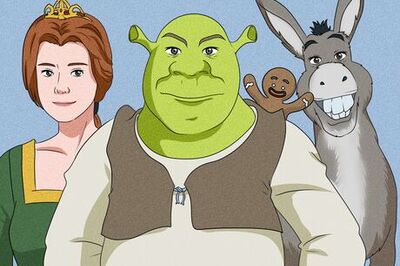
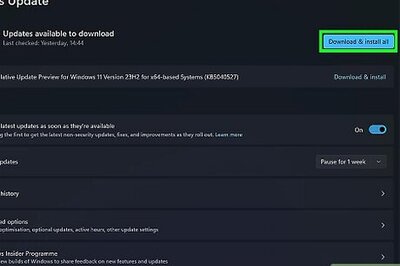
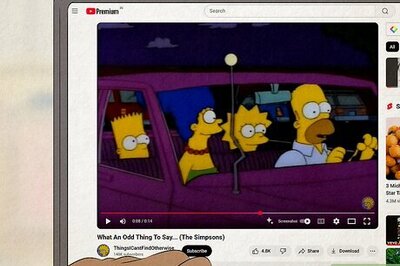

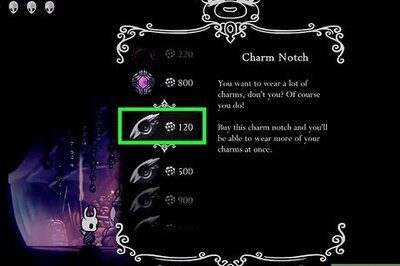

Comments
0 comment